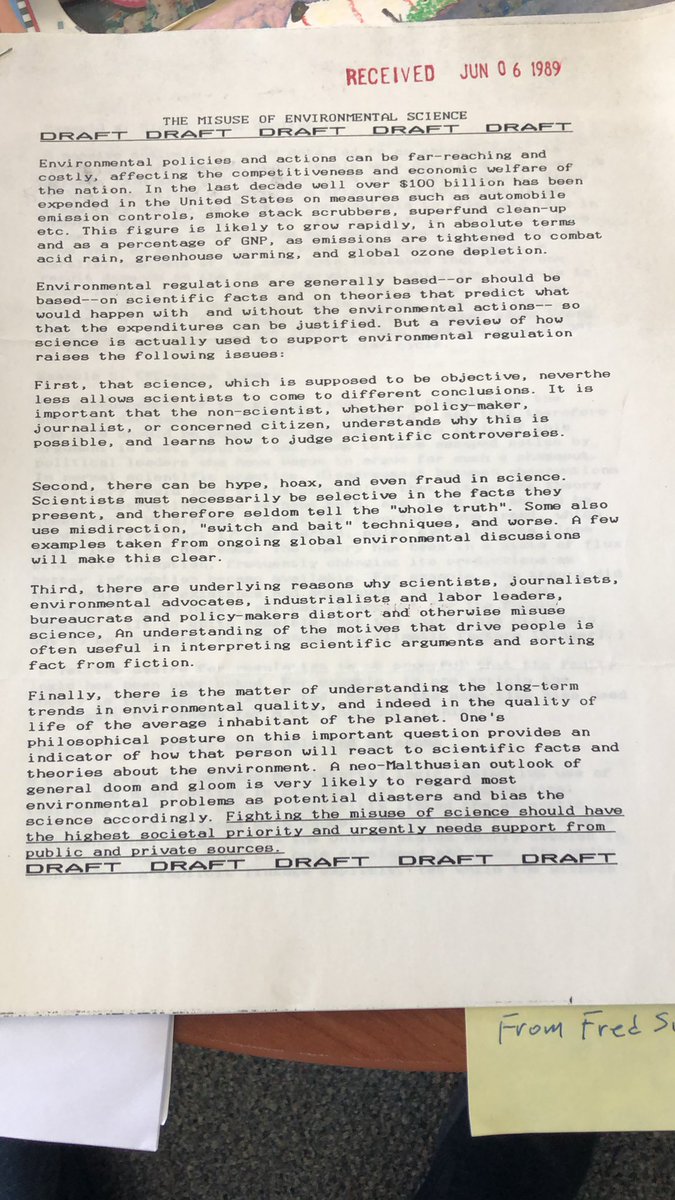
New report about the near-term future climate of Texas. From the Office of the State Climatologist, @climatexas:
texas2036.org/texas-will-fac…
texas2036.org/texas-will-fac…
Trends in overall precipitation in the near-term are harder to forecast because of the impact of unforced variability (like El Ninos). However, the combination of variability in precipitation combined with higher temperatures will tend to produce more severe droughts. 

So, yeah, all of the bad things about TX weather are going to occur more frequently in the future.
In the future, Texans will spend more and more of their money running their AC, rebuilding from the last flood, and building new freshwater infrastructure, etc.
We will be poorer than in a world without climate change. This is a climate tax we're already paying.
We will be poorer than in a world without climate change. This is a climate tax we're already paying.
It seems unlikely that anything humans could do would have much of an impact on the 2036 climate.
Nevertheless, humans do have a lot of control over what the TX and the planet will look like in 2100. Let's hope we take advantage of that opportunity.
Nevertheless, humans do have a lot of control over what the TX and the planet will look like in 2100. Let's hope we take advantage of that opportunity.
• • •
Missing some Tweet in this thread? You can try to
force a refresh














